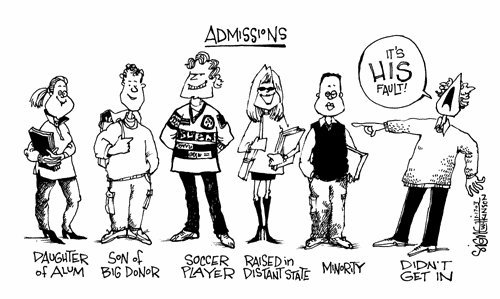Predictably, the shrieking hordes of self-satisfied ghouls have crawled out of the woodwork and, smirking, announced their great love for the departed Christopher with promises to “pray for him”. I cannot help but be reminded of the Black Knight sequence in Monty Python’s Grail, where despite having his arms and legs chopped off by an expert swordsman, the knight continues to taunt Arthur as the king walks away. Hitchens devoted a portion of his writing (not his entire career, as many falsely claim) to utterly eviscerating not only the efficacy of prayer claims, but the superstitious nonsense and appalling evil that underlies the god claim. To say that you are “praying” for him serves as little more than a bold announcement that, even if you had bothered to read his work, you were too thick to understand it.
A friend of mine wrote this in response:
“Begging mercy and forgiveness from a vindictive, vengeful and tyrannical God who also commands love and worship from his ‘children’ whom he “created sick and commands to be well” is precisely the kind of self-imposed torturous mental bondage from which Christopher Hitchens fought to free humanity.
He is not at peace, for he is not. He requires neither mercy nor forgiveness; such thoughts are for the living, and it is only the living who are comforted by blessings and wishes bestowed on the dead. Christopher Hitchens, the man, the mind, the embodied set of beliefs and desires and feelings and memories, has ceased to be. We are the better for having shared time with him, and (only) through us will his beliefs, desires, feelings, memories, and his works live on.”
As I inexpertly attempted to articulate in the paragraphs accompanying this morning’s video, Hitchens’ legacy is far greater than simply the sum of his writings. This is not to minimize his writings, incidentally, which are a sumptuous treat that can be tasted as much as they can be read. Hitchens was an expert swordsman with his words, flourishing with elaborate descriptions, parrying with excruciatingly-chosen diction, and thrusting with cutting vernacular straight through the heart of whatever woebegotten position was foolish enough to ignite his ire. But his words did not simply defeat his chosen opponents – they were a flag waved proudly above the din of pitched combat, calling forth new and eager legions of burgeoning soldiers of freethought to enter the fray.
Those who snidely crow their intention to “pray” for Hitchens are nothing more than myopic fools, claiming victory as the conquering general retires from the battlefield, but failing to notice the approaching horde of approaching warriors made stronger and bolder by the leadership of the recently absent. Christopher Hitchens’ death is lamentable, to be sure, but like Obi-wan Kenobi, he has become more powerful in death than theists can possibly imagine. I suggest you reserve those prayers for yourself – not that they’ll help, but they might make you feel better as your position gets torn to ribbons by the next wave of anti-theist polemicists.
Like this article? Follow me on Twitter!
h/t Jesse Brydle for the moving words

